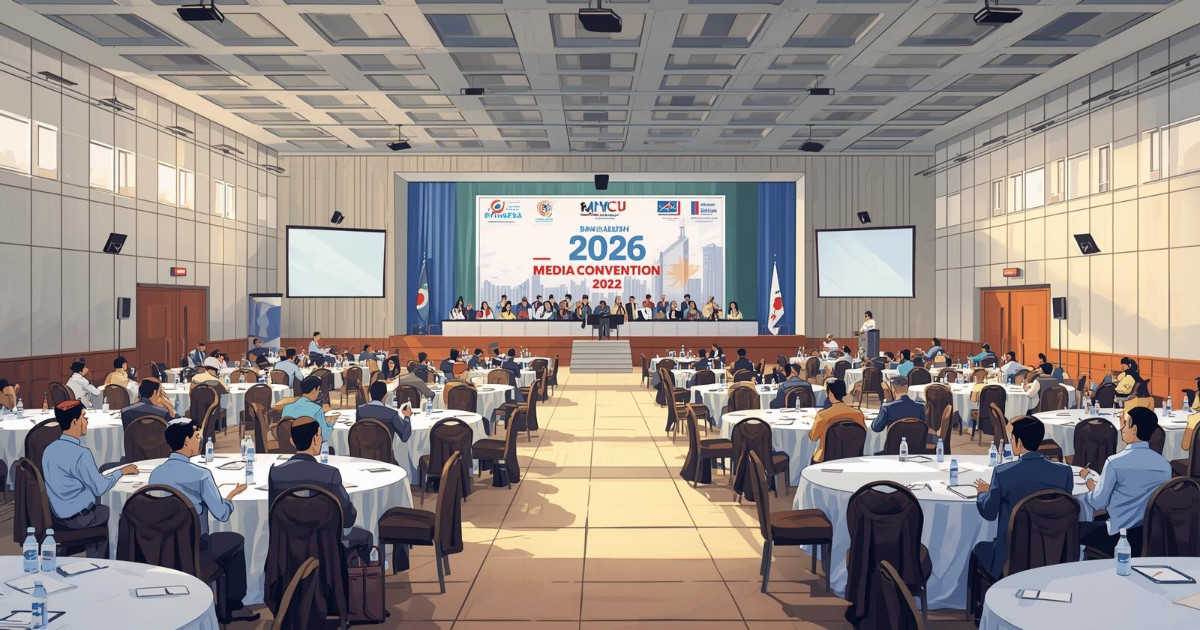Navigating the digital wave: Future trends in the Asian media landscape
JournalismPakistan.com | Published: 23 September 2024 | JP Special Report
Join our WhatsApp channel
The Asian media landscape is undergoing rapid transformation due to digital advancements and shifting audience behaviors. With growing demand for diverse content and technologies like AI, media companies are adapting to remain relevant.Summary
BANGKOK—As the global media landscape evolves, Asia is at the forefront of significant changes that will shape the future of media consumption and production. With rapid advancements in technology, shifts in audience behavior, and an increasing demand for diverse content, several key trends are emerging in the Asian media industry.
Digital Transformation
The shift from traditional media to digital platforms is accelerating across Asia. With internet penetration rates reaching unprecedented levels, especially in countries like India and China, media companies are increasingly investing in digital content delivery. Streaming services such as Netflix and local platforms are becoming the primary sources of entertainment, driving the demand for high-quality, on-demand content.
Rise of Streaming Services
Streaming services are revolutionizing how content is consumed in Asia. The popularity of platforms like Tencent Video, iQIYI, and Hotstar demonstrates a clear shift toward on-demand viewing. This trend not only provides audiences with greater choice but also encourages the production of original content tailored to local tastes and preferences, thereby promoting regional talent and storytelling.
Embracing Artificial Intelligence
Artificial intelligence (AI) is becoming a game-changer in the media industry. From content creation to audience analysis, AI tools are being employed to enhance efficiency and personalization. Media companies are leveraging AI to analyze viewer preferences, optimize content recommendations, and even assist in content creation, allowing for a more tailored viewing experience.
Transformation of Traditional Media
Traditional media outlets are adapting to the changing landscape by incorporating digital strategies. Print media is increasingly shifting online, with many newspapers and magazines offering digital subscriptions and interactive content. Television networks are also embracing multi-platform distribution, allowing audiences to access content across various devices, further blurring the lines between traditional and digital media.
Focus on Diversity and Inclusion
As Asian societies become more diverse, there is a growing demand for content that reflects this diversity. Media companies are recognizing the importance of inclusivity in storytelling, leading to the emergence of various voices and perspectives in the industry. This trend not only enriches the media landscape but also fosters a sense of representation and belonging among audiences.
The future of the Asian media industry is marked by innovation and transformation. As digital platforms continue to dominate and audience preferences evolve, media companies must adapt to stay relevant. By embracing technology, focusing on diversity, and prioritizing audience engagement, the Asian media industry is poised for a dynamic future that reflects the rich tapestry of its cultures and narratives.
KEY POINTS:
- Asia is at the forefront of media evolution.
- Digital platforms are becoming the primary source of content.
- Streaming services are reshaping audience consumption habits.
- Artificial intelligence enhances content creation and personalization.
- Focus on diversity is enriching the media narrative.

























